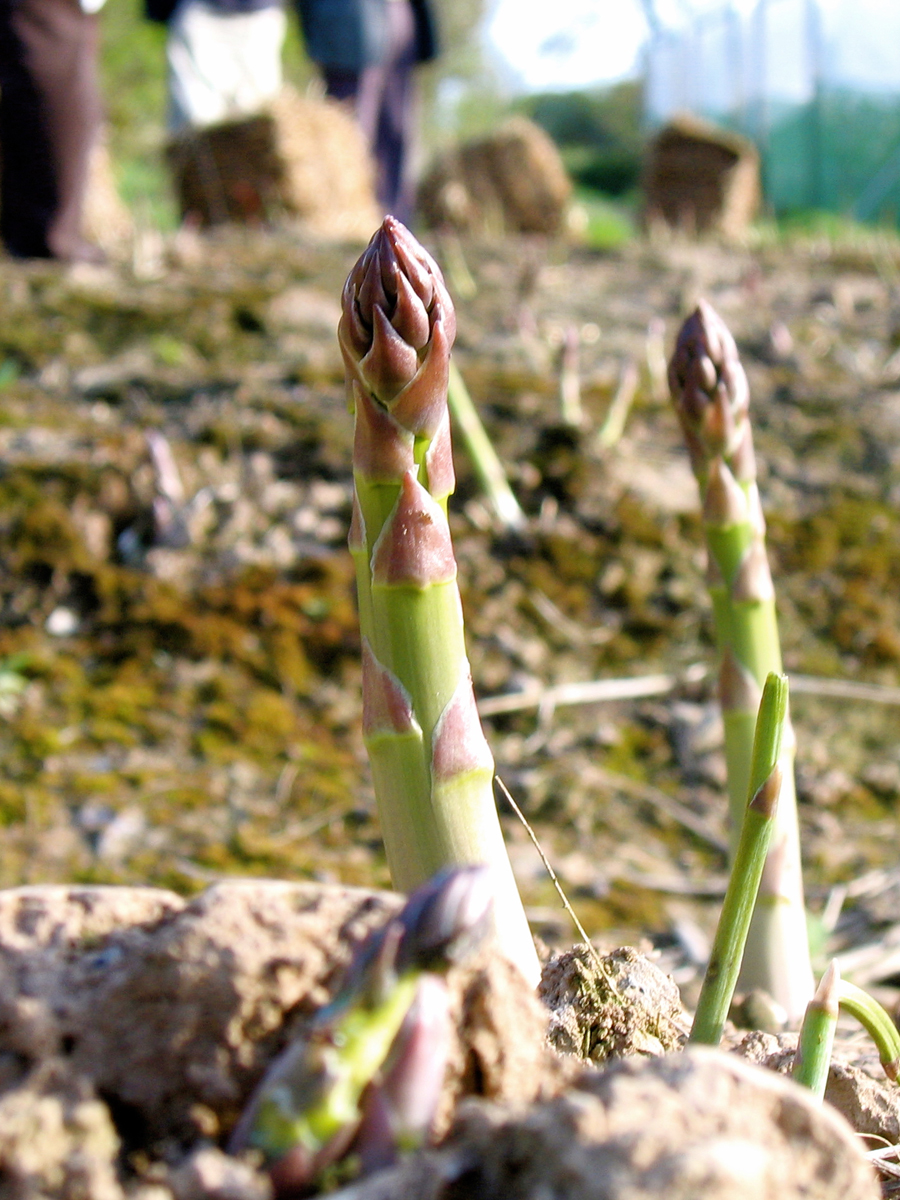Against the Odds: The Survival of Traditional Food Knowledge in a Rural Alberta Community
DOI :
https://doi.org/10.15353/cfs-rcea.v1i1.21Mots-clés :
canning, cooking, gardening, deskilling, rural Alberta, social practice theory, traditional food knowledgeRésumé
The globalization and industrialization of the agri-food system has been linked to declining knowledge and skills in the general population related to growing, preserving and cooking food. In rural communities, loss of this knowledge and associated culture and traditions has been further exacerbated by depopulation due to outmigration and the subsequent erosion of social and physical infrastructure. Counter to this trend of food deskilling, however, are the efforts of individuals who are actively working to maintain and perpetuate traditional food practices. The purpose of this research was to understand what factors motivate and enable the preservation of gardening, cooking and canning skills among a group of women and their children in a small rural community in Alberta. Qualitative research methods were used to gather relevant data, which were analyzed using a social practice theoretical lens. Findings from this study revealed four conditions influencing the continuation of these social practices among the research participants: the experience and history of scarcity; normative expectations; a close connection to family; and, development of a community of practice. This study illustrates the relevance of a social practice framework for examining food knowledge and skills, and points to the potential of this approach for understanding and promoting pro-environmental behaviour and sustainable consumption in the food system.
Téléchargements
Publié-e
Comment citer
Numéro
Rubrique
Licence
Les auteurs qui publient avec cette revue acceptent les conditions suivantes: Les auteurs conservent les droits d'auteur et accordent à la revue le droit de première publication avec l'œuvre sous licence simultanée Creative Commons qui permet à d'autres de partager l'œuvre avec une reconnaissance de la paternité de l'œuvre et de la publication initiale dans cette revue. Les œuvres publiées dans RCÉA/CFS avant et incluant le vol. 8, n° 3 (2021) sont sous licence Creative Commons CC BY. Les œuvres publiées dans le vol. 8, n ° 4 (2021) et après est sous licence Creative Commons CC BY-SA. Les auteurs peuvent conclure des accords contractuels supplémentaires séparés pour la distribution non-exclusive de la version publiée de l'ouvrage par la revue (par exemple, l'ajouter à un dépôt institutionnel ou le publier dans un livre), avec une reconnaissance de sa publication initiale dans ce journal. Les auteurs sont autorisés et encouragés à publier leurs travaux en ligne (par exemple, dans des dépôts institutionnels ou sur leur site Web) avant et pendant le processus de soumission, car cela peut conduire à des échanges productifs, ainsi qu'à une citation plus précoce et plus importante des travaux publiés. (En savoir plus sur le libre accès.)





